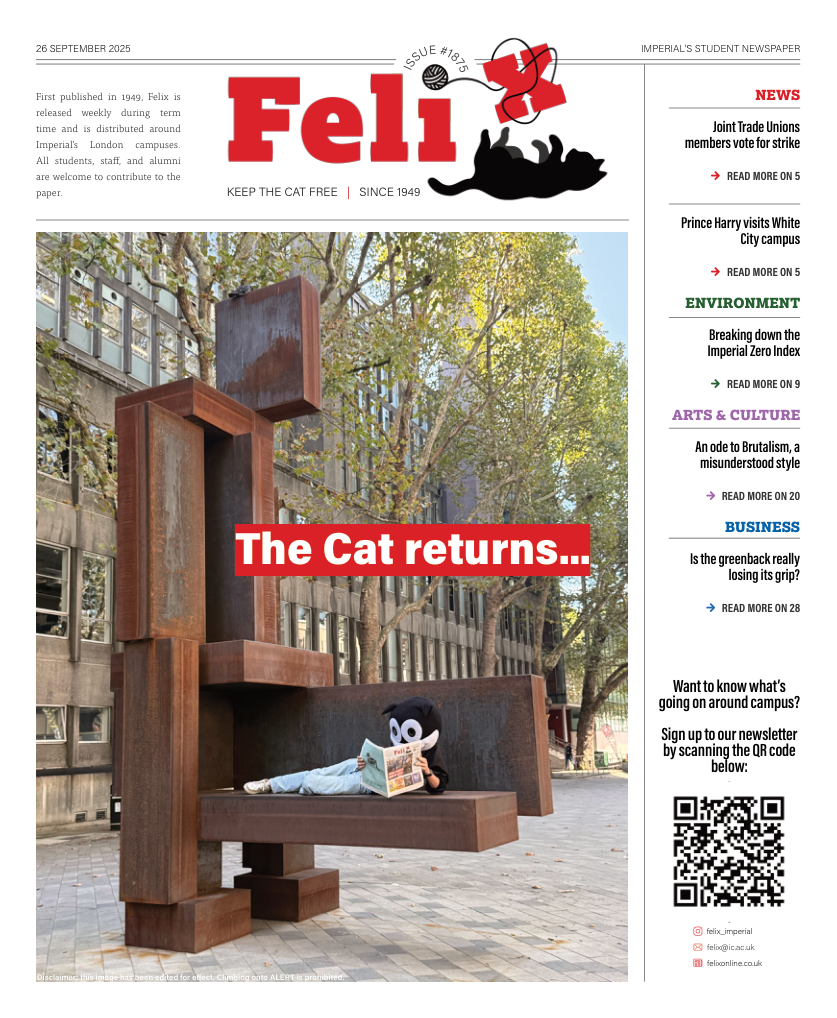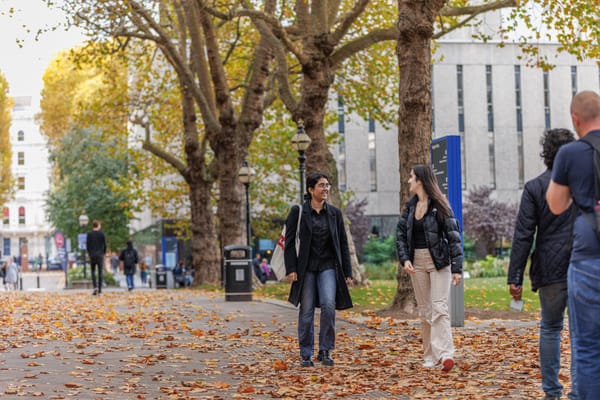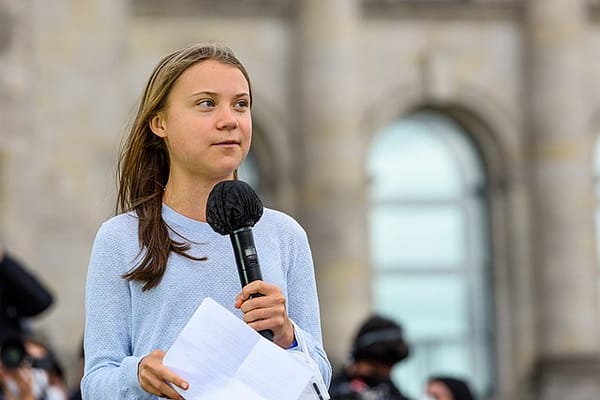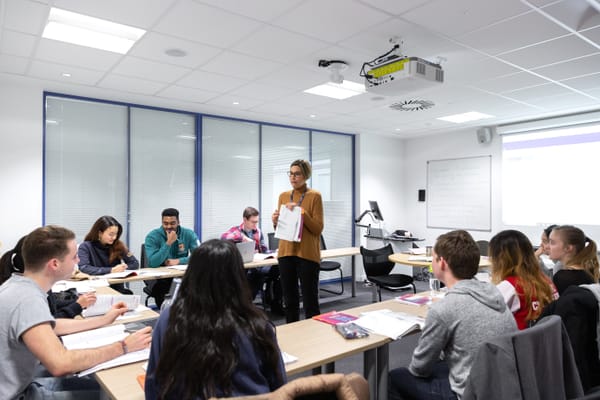It’s time to challenge the flawed and damaging university rankings
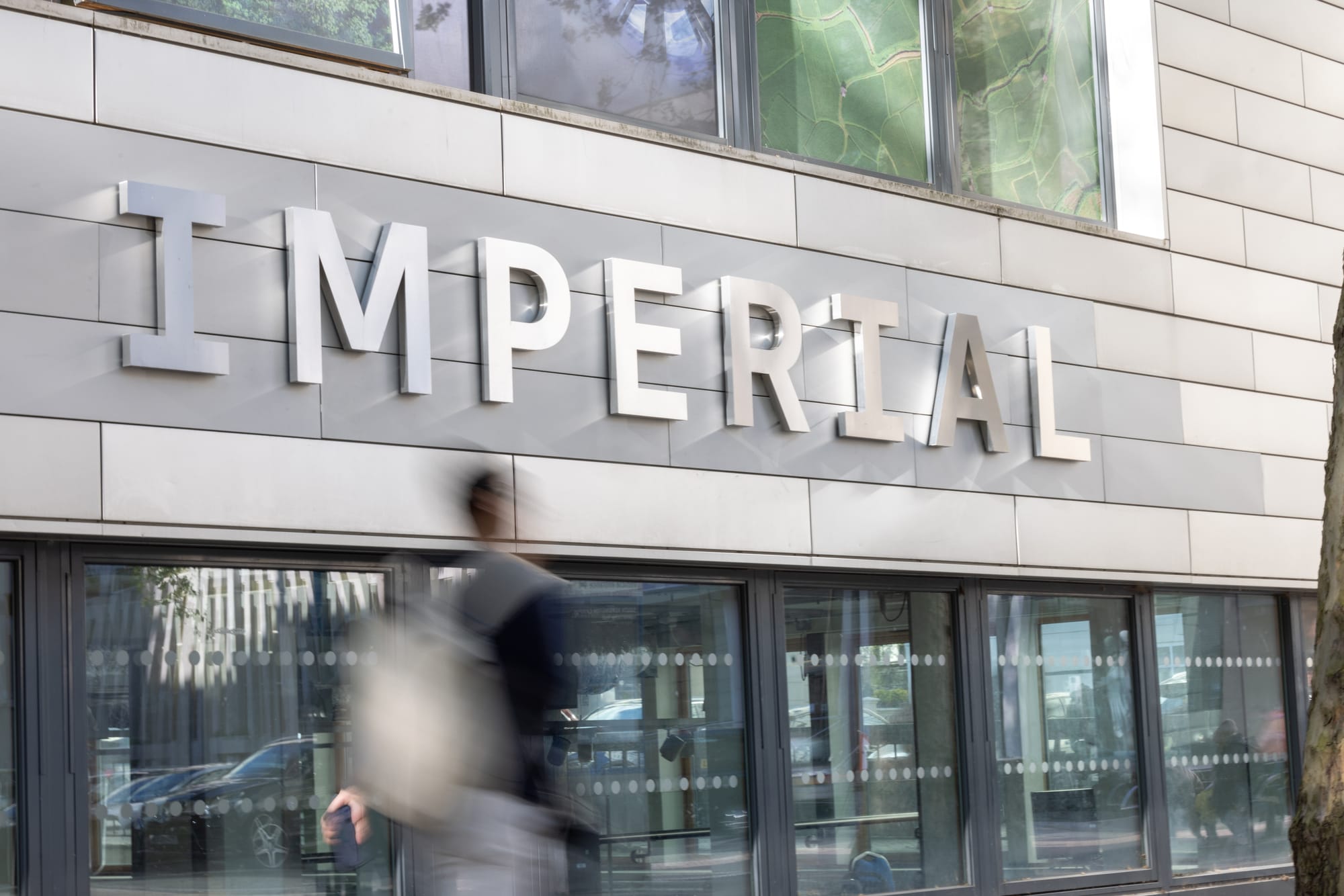
In the 2026 QS World University Rankings, Imperial came first in the UK and Europe and second globally. The university called the result “a powerful endorsement of the talent, dedication and ambition” of Imperial’s community. But is it?
University rankings hold powerful sway. Students and researchers use them to decide where to study or work – you probably did when you chose Imperial. Universities, in turn, use a high ranking to attract talent.
So, who could argue with celebrating the talented people that make Imperial successful? The trouble is that the rankers – profit-maximising companies – don’t aim to do this, and they certainly don’t achieve it.
Rankings are methodologically flawed, often measuring inappropriate things:
- Graduate salaries as a proxy for education quality
- Article citations and Nobel prize-winners for research excellence
- Reputation surveys that favour wealthy Western institutions.
Ranking companies aren’t transparent about how they use university data to generate scores. It’s a black box – leaving us unsure how or why we’ve been ranked where we are. That makes it hard to see the result as an endorsement of Imperial’s community and values.
The metrics reward legacy and visibility over relevance or quality. Does the presence of Nobel laureates reflect research culture? Can citations show how open or impactful research is? Do high graduate salaries mean better teaching and student experience?
Rankings rarely measure what matters most to students: teaching. Times Higher Education (THE) includes a teaching category, but it’s based on reputation surveys, staff-student ratios and institutional income. These may be useful, but do they show what happens in the classroom?
Even at Imperial, the 2024 National Student Survey revealed widespread dissatisfaction – especially in assessment and feedback. Student satisfaction scores aren’t perfect, but they do reveal how students’ experience can differ wildly from what the rankings suggest. That should make us pause.
Still, isn’t it nice to be number one? Not necessarily. The perverse incentives of the rankings can lead to practices that don’t benefit the public interest mission of a university. Ironically, institutions that rank lower often lead on improving teaching and research culture; those at the top can get stuck defending their status.
At the summit, the only way is down. What if your rank drops? Luckily, the rankers offer consultancy services. They’ll sell your own data back to you, along with advice on how to climb again. Ultimately, they’re companies marketing products.
But imagine a world where universities could prioritise:
- Innovative teaching and assessment, curriculum relevance, and student engagement
- Open, reliable, and collaborative research
- Environments where students and staff thrive.
Universities could stand out for all the right reasons. Rankers don’t recognise any of them – but that’s how we’ll break their spell.
There are many leading the way. In 2023, Utrecht University became the latest to withdraw from the THE ranking, citing incompatibility with open principles. The global More Than Our Rank initiative brings institutions together to call for a more honest and valid approach to evaluation.
The fightback starts with us. Don’t just read the rankings; read between them. Universities like Imperial may never be free from them, but that doesn’t mean we’re powerless. We can be explicit about how flawed the rankings are, how little they reflect our values, and how poorly they serve the public interest. You can ask Imperial College Union and university leadership to reduce internal promotion of the rankings and issue strong public statements when rankings are published, demanding transparency and celebrating the example set by Utrecht and others.
That’s how Imperial will send a message: that what matters isn’t prestige or legacy metrics, but the real quality of teaching and research and the experience of students.
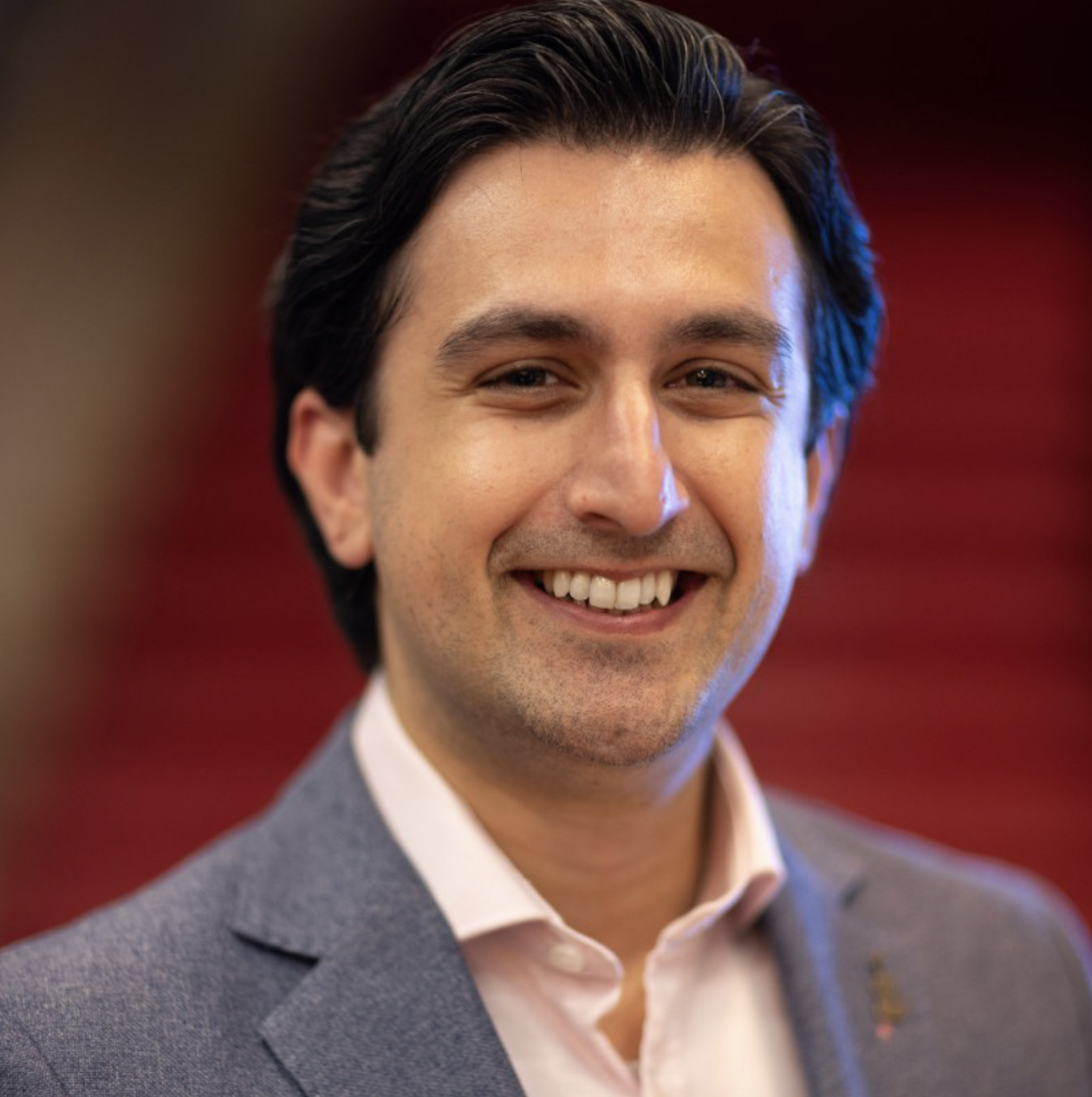
Hamid Khan is the Open Research Manager at the Scholarly Communications Management team in Library Services. He works with researchers, academics, and professional staff to facilitate the implementation of Open Research principles at Imperial College. He holds a PhD in nanomaterials chemistry and considers himself a “recovering academic”.

